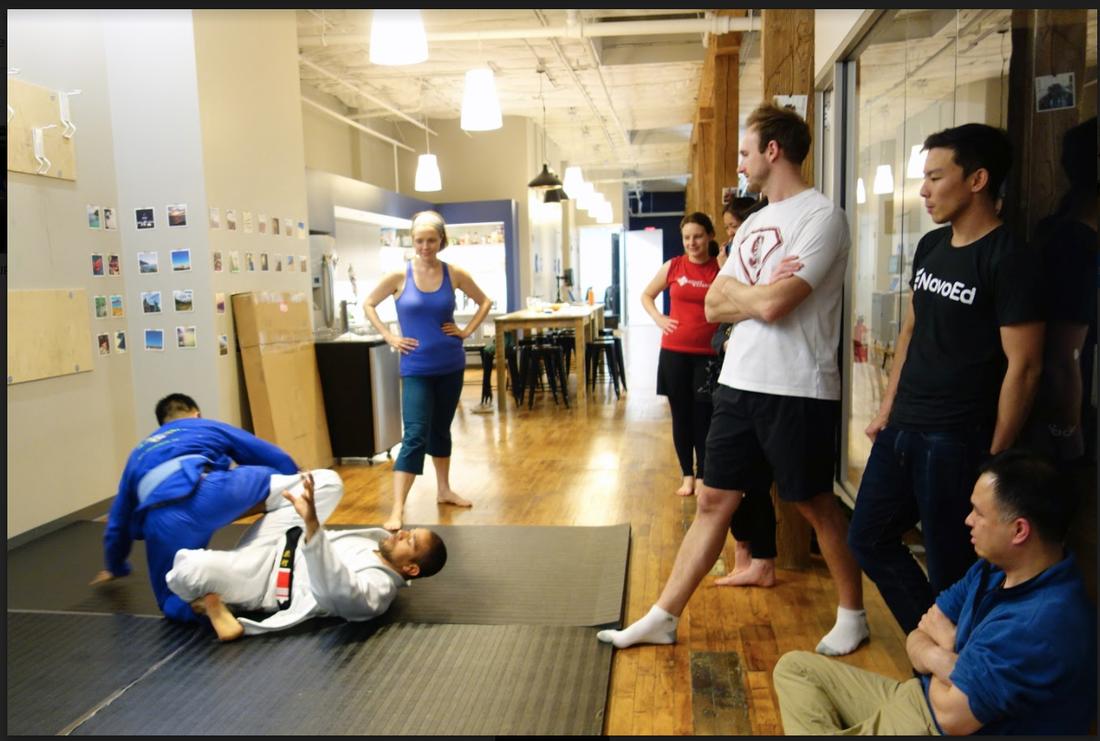
If you are thinking about investing in a new carbon monoxide detector, there are many options available. Consider features like dual power options and additional smoke monitoring. These features will help protect you and your family. This will help you decide the best carbon monoxide detector for your home.
Kidde Nighthawk
The Kidde Nighthawk Carbon Monoxide Alarm ranks among the top-selling CO detectors in homes. It has a 9 V backup battery that protects you in case of power cuts. This is a crucial feature as AC-only CO alarms are not able to provide protection in such circumstances. The peak level button on this detector indicates the highest CO levels since the unit was reset or unplugged.

Kidde Nighthawk Carbon Monoxide Detector utilizes ionization sensors technology for reliable gas detection. The AC plug-in power supply powers it and the 9V battery backup ensures uninterrupted protection. When the detector detects CO, it displays a red dot on its screen and sounds four beeps. The detector's memory will save the current CO concentration, so that it can be used again if necessary.
Google Nest Protect
Nest Protect is an excellent option for homeowners who want their home to be protected from smoke and carbon monoxide. The Nest Protect detects the presence carbon monoxide and smoke in the home, and can speak to you in human voice to warn you. You will also receive battery status updates and alerts via your phone.
Its design is not unlike that of a speaker, so it stands out a bit from most smoke detectors. This makes it easy for integration into any room. The detector is quick to adjust so that the detector sits perfectly against the wall or ceiling. You'll enjoy the peace of mind that comes with a 10-year life expectancy.
First Alert
First Alert Carbon Monoxide Detectors are a great choice to protect your home from carbon monoxide. The plug-in design makes it easy to install and gives you reliable CO detection. You will also find an LED light and an alarm that alerts you if the detector detects a contaminant. The lithium battery powers this detector and can last for as long as 10 years.

First Alert sells a variety detectors. The CO605 three-pack comes with a built-in backup battery and plugs into a standard U.S. outlet. It has more than 12,000 positive reviews, and comes with a 7-year warranty. The CO605 detector has been reported to fail to detect carbon monoxide in some cases after only a few months.
FAQ
Can I be arrested if my stungun is used?
No. Stun guns are considered "less deadly" weapons. They can cause no serious injury, making them less lethal.
But, even if you hit someone accidentally with your stungun, you can still face criminal charges
Is it legal to carry a stungun?
Yes. But, you'll need to get a permit from your local government.
You will need to fill out an application and pay a fee in order to apply for a permit.
You must keep your permit visible once you have received it (like your wallet).
If your permit is revoked, you will have the opportunity to apply for a new permit.
What should I look out for in a self defense class?
You should consider the reputation and experience of the instructor when choosing a self defense class. Ask about their credentials.
Ask if there are any discounts or free trials. Some instructors offer special offers for new students.
Ask if they offer online classes so you can take advantage of them whenever you want.
Ask if the school offers emergency medical attention after class. This is particularly important if you are injured in a class.
Make sure you find a class with a variety of exercises. This gives you plenty of time to experiment with each technique before moving on.
How can I learn self defence at home?
There are many ways you can improve your self defense skills. Martial arts are a great place for beginners. Martial arts are great as they teach you how defend yourself without the use of weapons. They can also improve confidence and strength. You don't have to go to a class either, most schools offer classes online as well. It's important to know what type of martial art you want to learn. Do you want to learn Kung Fu? Or perhaps Karate? Although these two styles may be very different, they are both excellent. The key difference between these styles is the style of fighting. For example, karate focuses on striking techniques while Kung fu focuses on grappling and kicking.
It is important to check whether they offer multiple forms of instruction when selecting a school. This refers to all the different martial arts styles taught at a school. Some schools teach only one type of martial art, such as Tai Chi. Others may offer instruction for several types of martial arts. No matter what type of martial art you are interested in, ensure that you only choose a respected school. Ask around to see who has been there, and ask about their training history and the background of the instructors. If you are able, go to the school and speak with someone who teaches there.
Statistics
- In a January 2018 survey of 1,000 women nationwide, 81 percent reported experiencing some form of sexual harassment, assault, or both in their lifetime. (healthline.com)
- Most likely, the person will want some kind of boxing match, so if you can out-box them, this would be 100% ideal for survival. (budodragon.com)
- The Rape, Abuse & Incest National Network reports that 70 percent of sexual violence cases aren't committed by random strangers in a dark alley but by people we know: friends, family, partners, co-workers, etc. (healthline.com)
- Verbal harassment was the most common form, but 51 percent of women said they were touched or groped in an unwelcome way, while 27 percent of women survived sexual assault. (healthline.com)
External Links
How To
How to Survive an Invasion at Home
Home invasion can be a frightening thought, especially if there are children involved. We didn't expect to live through home invasion when we started our journey with installing a home security system. Here's our experience so far.
-
Don't Let Your Kids See The Attackers. Two men entered our home while our children were asleep upstairs. We took them downstairs until they arrived at the police station. Our children were not hurt but the experience was enough for them to be traumatized.
-
Lock All Valuables. Our bedroom has a safe that holds valuables. Even if someone attempts to break into your house, they won’t be able access it.
-
Keep an eye out for burglars. We live in a neighbourhood that is notorious for burglaries. We keep a look out for suspicious people and cars.
-
Make sure you have a backup plan. If something happens, our family will be taken over financially. We have also made a plan to leave this country, if needed.
-
Be prepared. Prepare for anything. You should always have water and food on hand.
-
Get help immediately by calling 911. Call 911 immediately if you suspect that someone has broken into the house. It's safer to call the authorities immediately than to wait for them at your door.
-
Use common sense. Don't let anyone inside who doesn't belong there. Don't invite strangers over.
-
You can get help from nearby neighbors and people who live in the same area. If you feel uneasy, call friends or neighbors. They can watch your back, while you call the police.
-
Keep Calm and Do What Police Officers Tell You To. Be calm and do what officers tell you to. Do not flee or resist arrest
-
Take photos of all evidence. Any evidence discovered during the investigation should be taken pictures. You can take pictures of fingerprints, blood samples, or other evidence.
-
Local Law Enforcement Can Be Reported. File a report with law enforcement even if no one was injured. This will help to prevent future crimes.
-
Get in touch with your insurance company immediately. Get in touch with your insurance company immediately. Tell your insurance company everything that has happened, and ask them to send an adjuster.
-
Retire Personal Belongings. Be sure to get rid of personal belongings before you leave. Don't wear expensive jewelry. Take it off and put it away.
-
You must take good care of yourself. Take care of yourself. Throw away the trash, sweep up broken glass, and make sure all doors and windows are locked.
-
Don't talk about the events. Do not talk about what happened to anyone. You never know who might attempt to use this information against later.